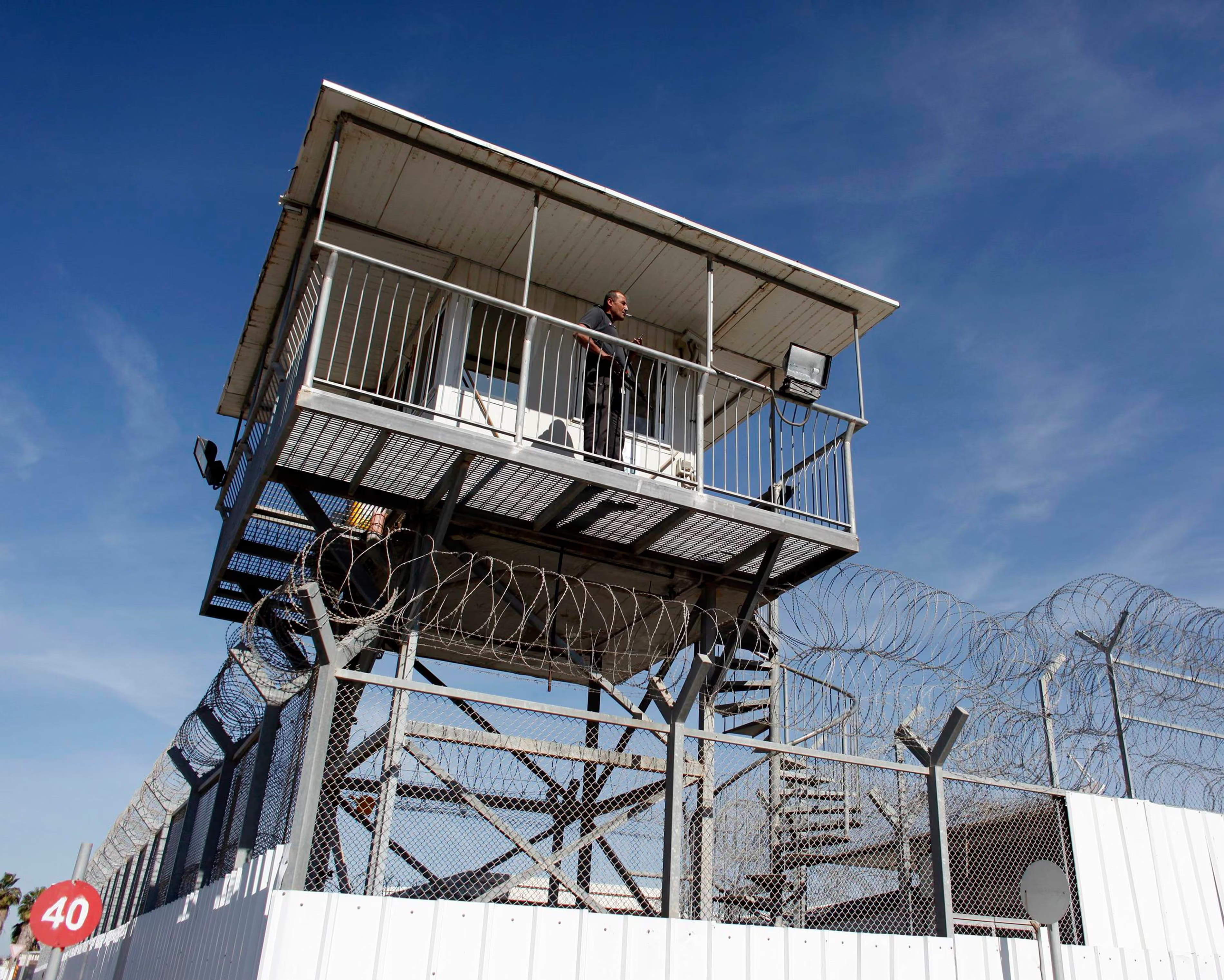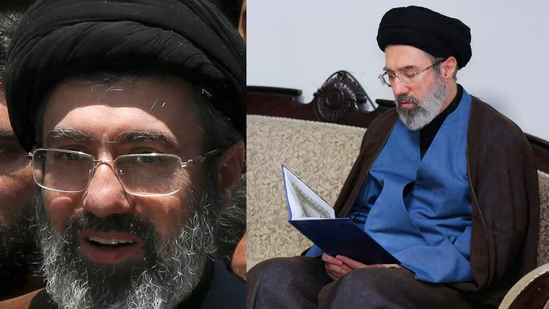Israel is detaining dozens of Palestinians from Gaza in an underground jail where they never see sunlight. Reports say inmates are deprived of food and barred from contacting their families or learning about the outside world.
The facility, Rakefet Prison, was reopened after attacks in October 2023. It had been closed for decades due to inhumane conditions. Far-right security minister Itamar Ben-Gvir ordered its reopening to hold high-risk prisoners.
Lawyers from the Public Committee Against Torture in Israel (PCATI) represent two civilians detained there: a nurse arrested while at work and an 18-year-old food seller taken at a checkpoint. Both have been held without charge or trial for months. They report frequent beatings and abuse consistent with other Israeli detention centers.
Rakefet was initially built in the 1980s for organized crime figures and later shut down. It had only 15 cells. But now, about 100 detainees are held underground, with a tiny exercise area and a small lawyers’ meeting room. None of the inmates have natural light.
After a ceasefire in mid-October, Israel released 1,700 Palestinian detainees from Gaza held without charge, plus 250 convicted prisoners. Yet over 1,000 others remain in similar conditions. PCATI says this violates international law and constitutes torture.
Ben-Gvir stated that Rakefet now holds elite Hamas fighters and Hezbollah members captured in Lebanon. But the civilians visited by PCATI include the nurse and teenager, who were arrested under circumstances unrelated to combat. Lawyers stress these cases involve ordinary civilians.
The Israeli Prison Service (IPS) did not provide details on other detainees. Historical data suggests most Palestinians taken during the war were civilians. Israel’s Supreme Court in 2019 allowed holding bodies of Palestinians for negotiation purposes, and rights groups claim living detainees are treated similarly.
Severe Conditions and Abuse
Tal Steiner, PCATI’s executive director, calls conditions “horrific by intention.” Rakefet imposes a unique form of abuse: months underground without sunlight, which severely affects mental and physical health. Detainees face irregular sleep patterns, vitamin D deficiency, and psychological stress.
Lawyers visiting Rakefet described dirty cells, malfunctioning toilets, and constant surveillance that violated confidential discussions. Detainees were shackled and forced to bend over while guards escorted them.
The nurse has not seen daylight since January 2025. The teenager had never seen his lawyer until the visit. Both reported regular beatings, attacks by dogs, and starvation-level rations. They spend only a few minutes outside their cells every two days, in tiny underground enclosures.
Ben-Gvir publicly justified the prison, saying it is a “natural place for terrorists.” He has also boasted of mistreatment of detainees, rhetoric that reportedly influenced Hamas hostage treatment during October attacks.
Israel’s intelligence warns that these harsh conditions may endanger broader security interests. Lawyers say detainees experience extreme stress, lack news from family, and live in fear of further abuse. One detainee asked about his pregnant wife; the conversation was immediately cut off by guards.
Official Responses
The IPS said it “operates in accordance with the law” and is not responsible for arrests or classification of detainees. The Justice Ministry referred all questions about Rakefet to the Israeli military, which also declined to comment.
Human rights advocates argue that detaining civilians underground for months violates humanitarian law. PCATI continues to represent detainees and calls for transparency and accountability.
The situation highlights concerns over Israel’s treatment of Palestinian prisoners and raises international scrutiny over conditions in secret detention facilities.







